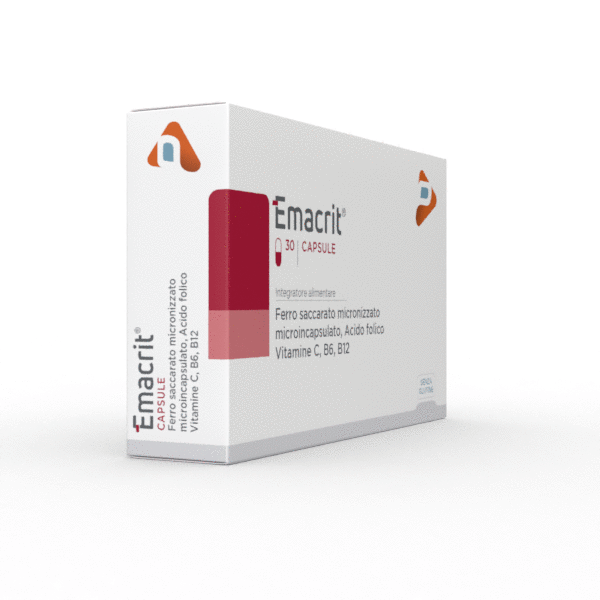Symptoms such as extreme fatigue, headaches, insomnia, acceleration of the heartbeat, shortness of breath, just to name a few, can hide an iron deficiency anemia, or iron-deficiency anemia. In this condition, inadequate levels of iron in the body compromise the transport of oxygen through the blood: iron, in fact, is essential for the formation of hemoglobin, a protein found in red blood cells that bind to oxygen and carries it through the blood to feed muscles, tissues, and organs. In the case of celiac disease, damage to the intestinal villi caused by the autoimmune response to gluten exposure means that the ability to extract iron from food is reduced, reducing its absorption. This is why, even in the absence of other characteristic symptoms, anemia that is difficult to correct with the simple intake of iron is a sufficient indicator to undergo the necessary controls and establish whether one is in the presence of celiac disease.
What is a celiac disease?
Celiac disease is an autoimmune disease defined as systemic, caused by a permanent intolerance to a particular fraction of gluten, gliadin, which is genetically predisposed subjects, if ingested, can activate an autoimmune response of the intestinal mucous, triggering an inflammatory state that becomes chronic by bringing to the progressive atrophy of the villi, with consequent malabsorption of one or more nutrients. In particular, iron constitutes the most frequent deficit in individuals with celiac disease not yet diagnosed. Other deficiencies can be those of B vitamins, especially folic acid, and Vitamin B12.
The role of nutrition
If normally a complete and correct diet is sufficient to supply the quantity of iron necessary to the organism, in celiac subjects not yet diagnosed malabsorption nullifies the benefits of nutrition, as it literally compromises the general state of nutrition. Once the diagnosis of celiac disease has been made, a strict gluten-free diet observed for life is able to bring back intestinal function to the norm in most cases and consequently the absorption of iron and all nutrients, with times that can vary considerably in the different subjects. In some cases, therefore, even in the presence of a sharply observed diet, iron supplementation can be a good strategy to bring the correct blood levels of this nutrient back with greater speed.
Useful preparations based on microencapsulated saccharate iron in calcium alginates that adhere to the mucosa and allow a gradual release of iron optimizing the tolerability and absorption of the product are revealed. These preparations are made even more complete by the inclusion of Vitamin C, which promotes the absorption of iron, but also folic acid, vitamins B6 and B12, other factors involved in the production of red blood cells.


